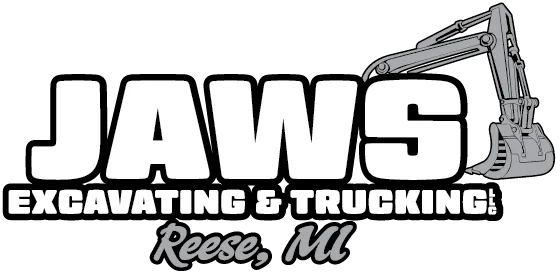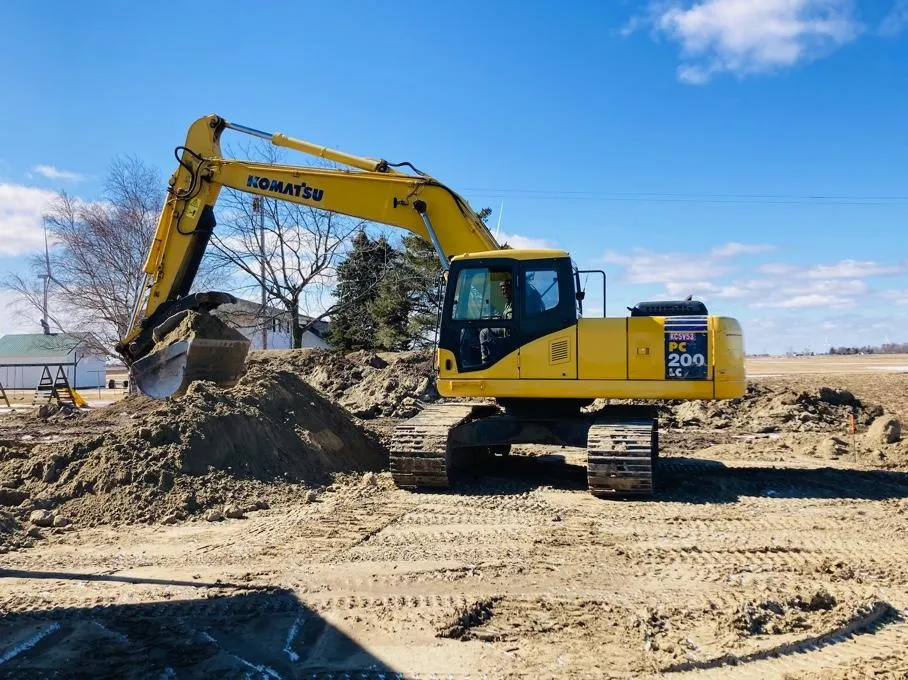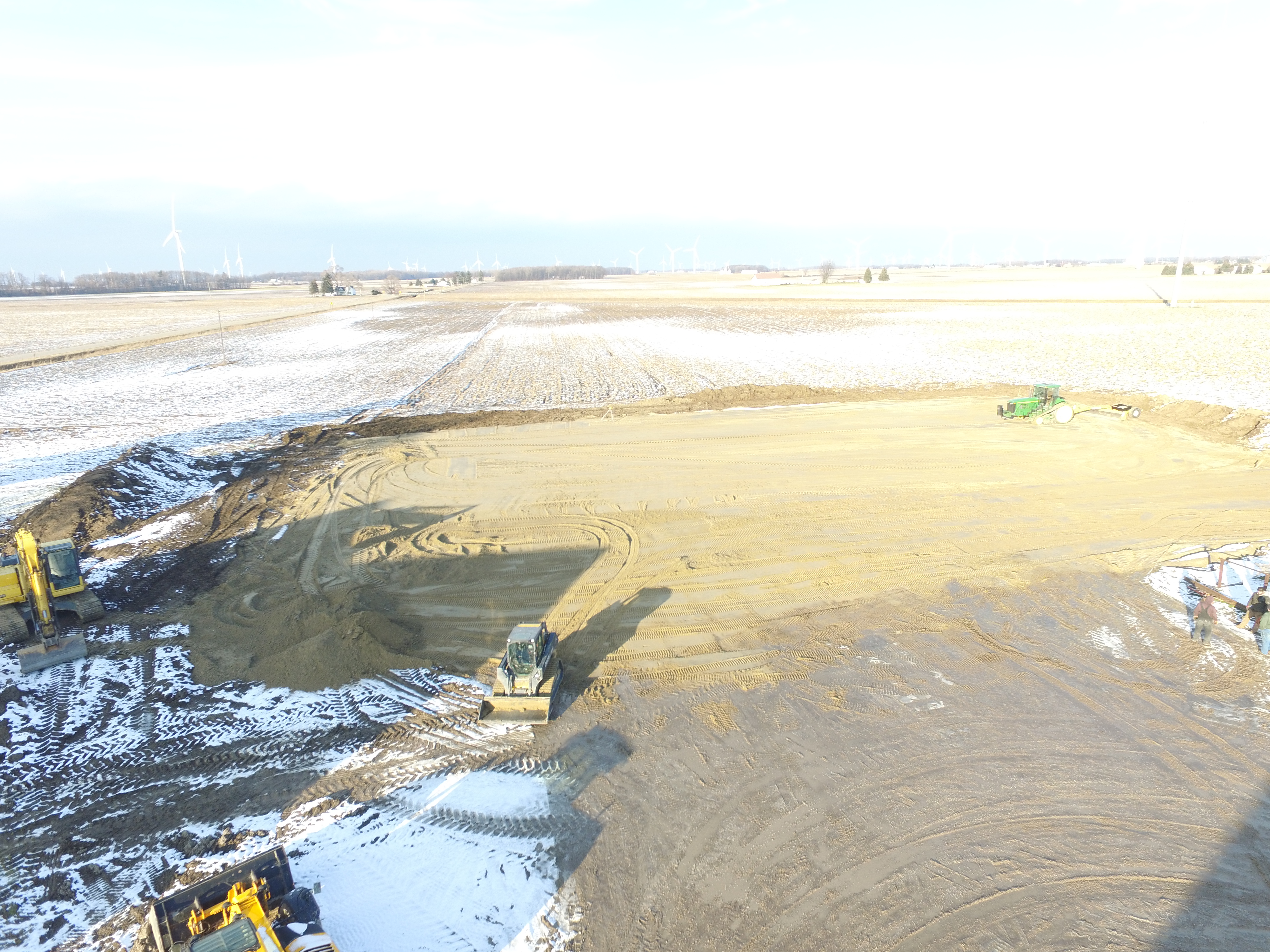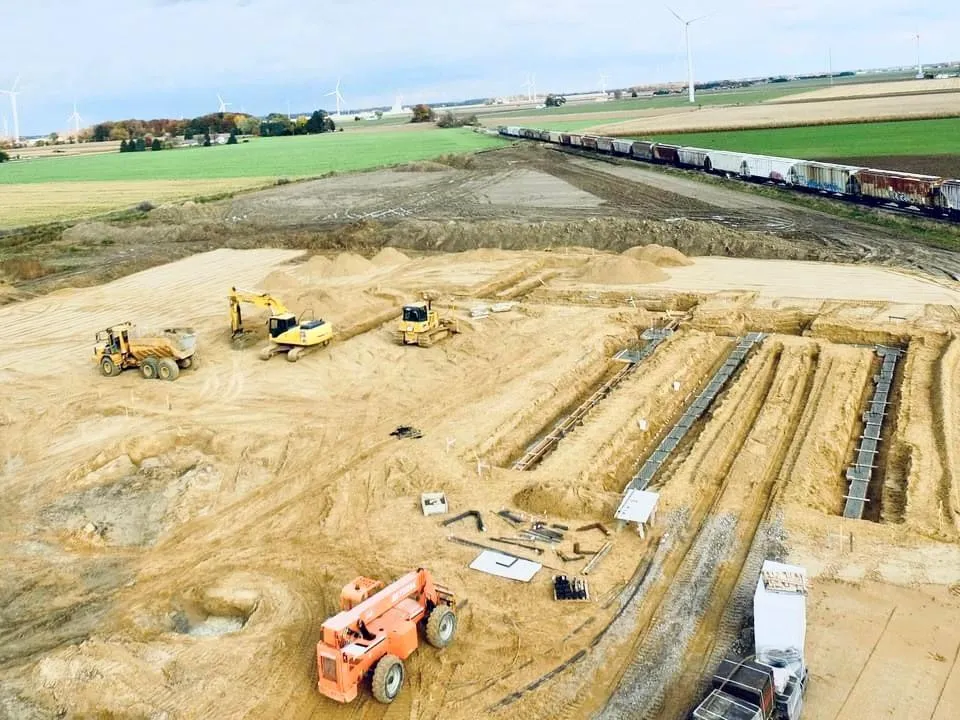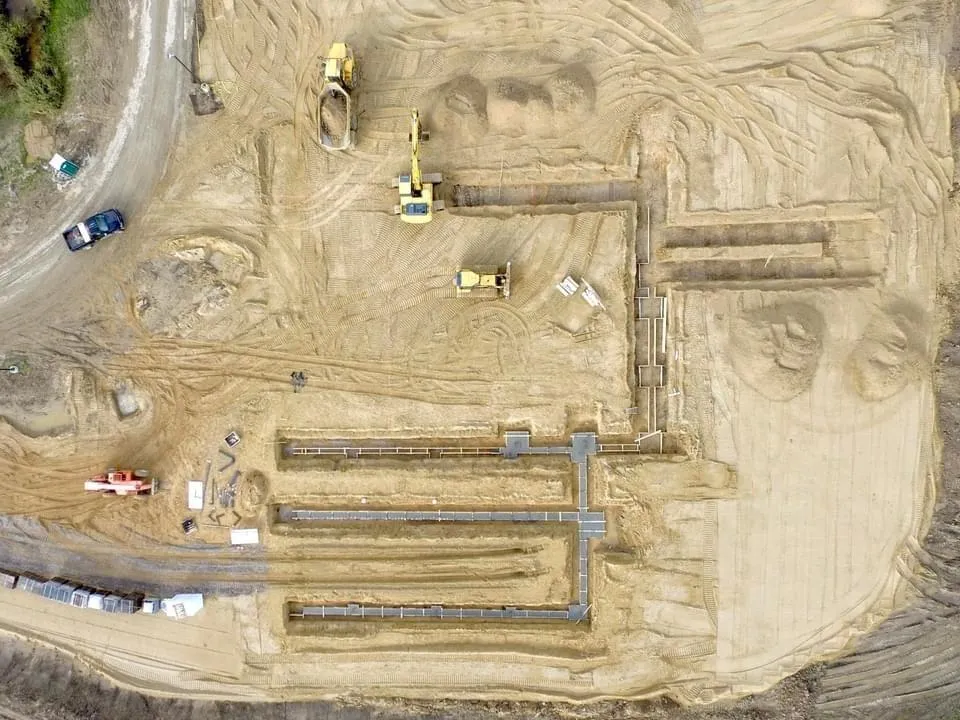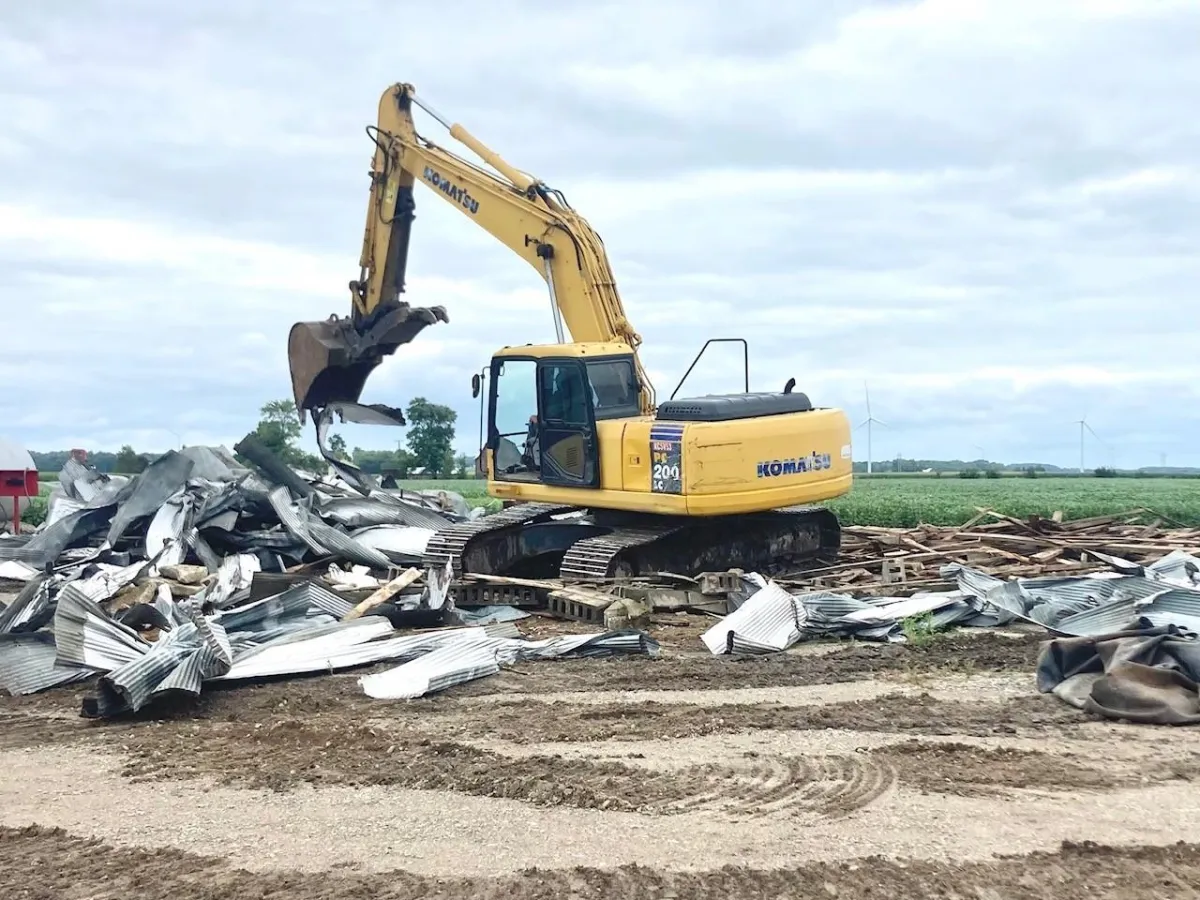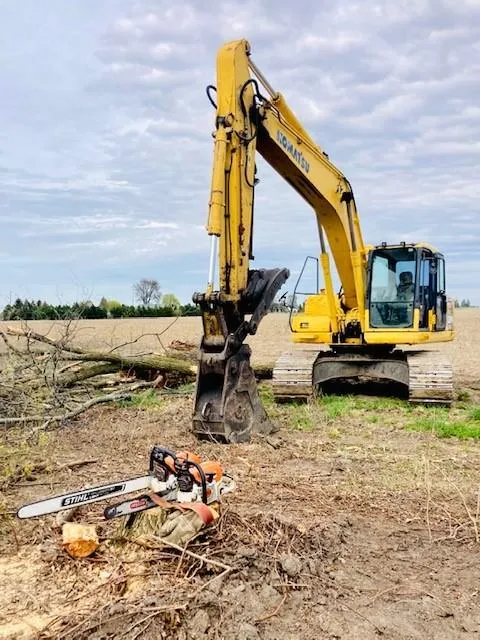
The Latest Excavation Contractor Equipment and Technology
The Latest Excavation Contractor Equipment and Technology
Excavation plays a vital role in shaping the landscape.
As technology continues to advance, excavation contractor equipment has become more efficient, cost-effective, and environmentally friendly.
From understanding the importance of excavation contractor equipment to exploring the latest innovations and advancements, this article digs into the world of excavation technology.
Understanding Excavation Contractor Equipment
Excavation contractor equipment is the backbone of any successful construction project. It is essential for digging, moving, and shaping the earth to create a solid foundation for buildings, roads, and other structures.
Excavators, bulldozers, and backhoes are among the key components of this equipment, providing the necessary power and versatility to complete a wide range of excavation tasks.
When it comes to excavation contractor equipment, it's not just about the machines themselves but also the various attachments that enhance their capabilities.
Attachments like augers, rippers, and grapples can be added to excavators and backhoes to perform specific tasks such as drilling holes, breaking up hard soil, or handling large debris.
These attachments increase the versatility of the equipment, allowing contractors to tackle a broader range of projects efficiently.
The Role of Excavation Contractor Equipment
Excavation contractor equipment plays a crucial role in improving efficiency and productivity on construction sites. With the right equipment, contractors can save time and resources by quickly removing soil and debris, leveling uneven surfaces, and creating trenches for utility installations. By streamlining these processes, excavation equipment helps reduce project timelines and costs.
Modern machines are designed to be more fuel-efficient and produce fewer emissions, minimizing their impact on the environment. Some equipment even utilizes advanced technologies like GPS systems to optimize digging accuracy and reduce unnecessary soil disturbance, promoting eco-friendly construction practices.
Key Components of Excavation Contractor Equipment
Excavation contractor equipment comprises various components that work together to ensure optimal performance.
Hydraulic systems enable precise control and smooth operation, allowing operators to efficiently maneuver the equipment. The heavy-duty bucket attachments are designed to handle different materials, from soil to rocks, with ease. Furthermore, advanced safety features, such as cameras and proximity sensors, enhance operator visibility and minimize accidents.
Another critical component of excavation contractor equipment is the undercarriage, which supports the weight of the machine and provides stability on various terrains.
The tracks or wheels of the equipment are specifically designed to distribute weight evenly and prevent sinking into soft ground. Additionally, modern equipment is equipped with telematics systems that allow contractors to monitor machine performance, track maintenance schedules, and optimize operational efficiency in real-time.
Innovations in Excavation Contractor Equipment
The excavation industry has witnessed remarkable innovations in recent years, revolutionizing the way contractors approach their projects.
These advancements not only improve efficiency but also address environmental concerns and reduce carbon footprints.
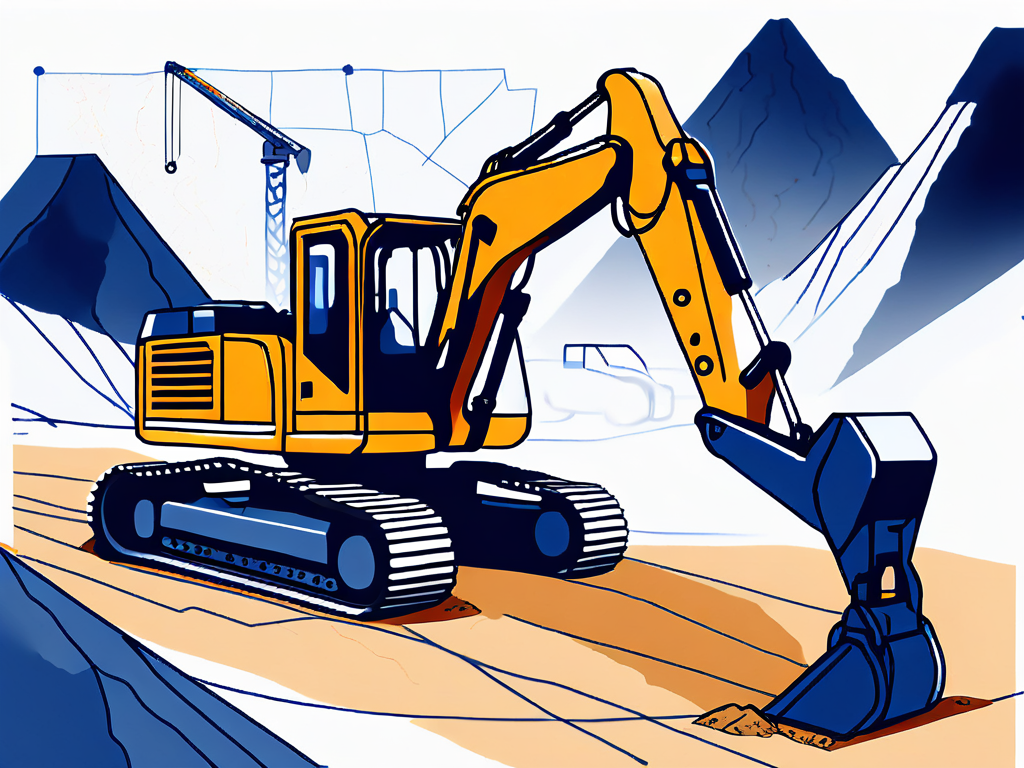
One notable innovation in excavation contractor equipment is the integration of telematics systems.
These systems utilize GPS technology and onboard sensors to track machine performance, monitor fuel consumption, and optimize maintenance schedules.
By providing real-time data and analytics, contractors can make informed decisions to enhance operational efficiency and minimize downtime.
Advancements in material technology have led to the development of more durable and wear-resistant components for excavation equipment.
For instance, the use of high-strength steel and reinforced composite materials in buckets and blades increases longevity and reduces the frequency of replacements.
This not only improves equipment reliability but also lowers maintenance costs over the lifespan of the machines.
Automation in Excavation Equipment
Automation has transformed the excavation industry, enabling machines to perform tasks with minimal human intervention. Excavators equipped with automation technology can precisely dig, level, and grade surfaces, ensuring accuracy and consistency. This not only saves time but also reduces the need for rework, ultimately enhancing productivity and reducing costs.
Energy-Efficient Excavation Equipment
In response to the growing focus on sustainability, manufacturers are increasingly developing energy-efficient excavation equipment. Electric-powered machines are becoming more prevalent on construction sites, reducing noise pollution and emissions. These eco-friendly alternatives not only benefit the environment but also provide cost savings through lower fuel consumption and maintenance requirements.
Advancements in Excavation Technology
Excavation technology extends beyond the physical equipment. Software applications and remote control systems are empowering contractors to work more efficiently and accurately, maximizing their project outcomes.
Even archaeologists are getting in on the action.
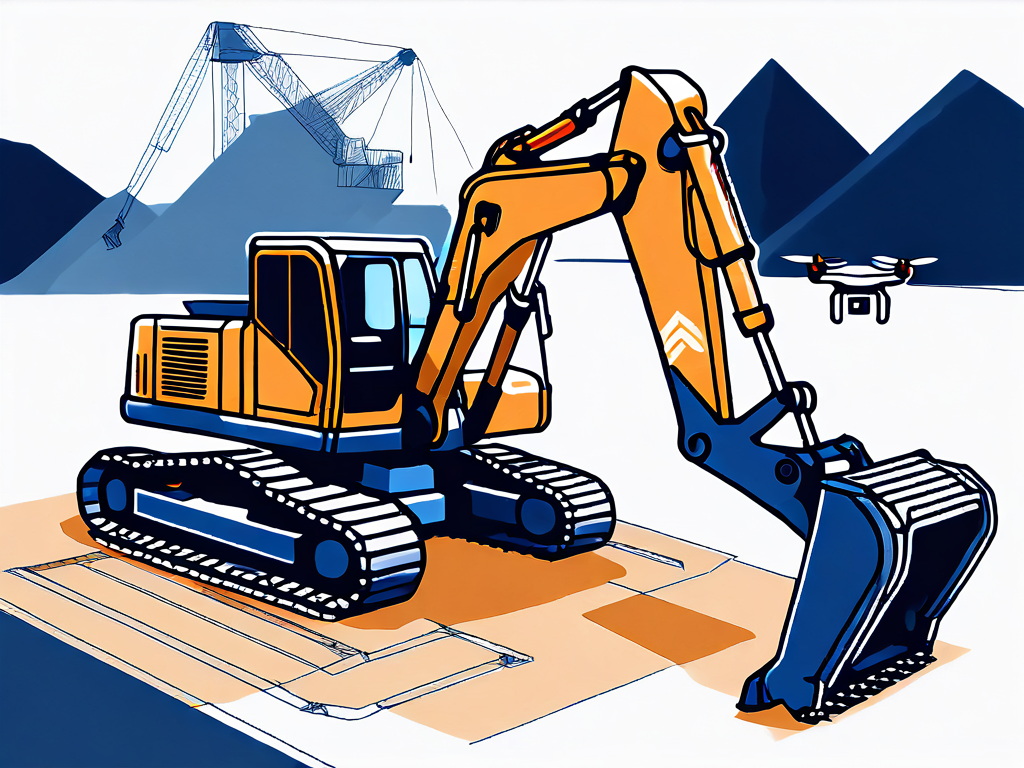
With the rapid evolution of technology, the field of excavation has seen significant advancements that have revolutionized the way projects are planned and executed. In addition to traditional excavation machinery, modern contractors now rely heavily on sophisticated software applications and remote control systems to streamline their operations.
Software Applications for Excavation
From computer-aided design (CAD) software to GPS technology, software applications have revolutionized excavation planning and execution. Contractors can create 3D models of project sites, accurately measure dimensions, and simulate different scenarios, reducing errors and rework. Additionally, real-time data tracking enables better project management and data-driven decision-making.
The integration of Building Information Modeling (BIM) software has further enhanced the capabilities of excavation planning. BIM allows contractors to visualize the entire project in a digital environment, facilitating better coordination among various teams and stakeholders. This collaborative approach minimizes conflicts and improves the overall efficiency of the excavation process.
Remote Control and GPS in Excavation
Remote control systems, like Cat Command from Caterpillar, have enabled operators to control excavation equipment from a safe distance. This technology enhances operator safety, especially in hazardous environments.
Integrated GPS systems provide precise location tracking and guidance, optimizing digging and minimizing errors. These advancements not only save time and labor but also improve the overall accuracy of excavation projects.
Furthermore, the use of telematics systems in excavation equipment allows for remote monitoring of machine performance and maintenance needs. Contractors can proactively address issues before they escalate, ensuring maximum uptime and productivity on the job site. This proactive maintenance approach not only reduces downtime but also extends the lifespan of the equipment, providing cost savings in the long run.
The Future of Excavation Contractor Equipment and Technology
Exciting advancements lie ahead for excavation contractor equipment and technology. The industry is poised for significant growth as emerging technologies continue to shape the landscape of construction.
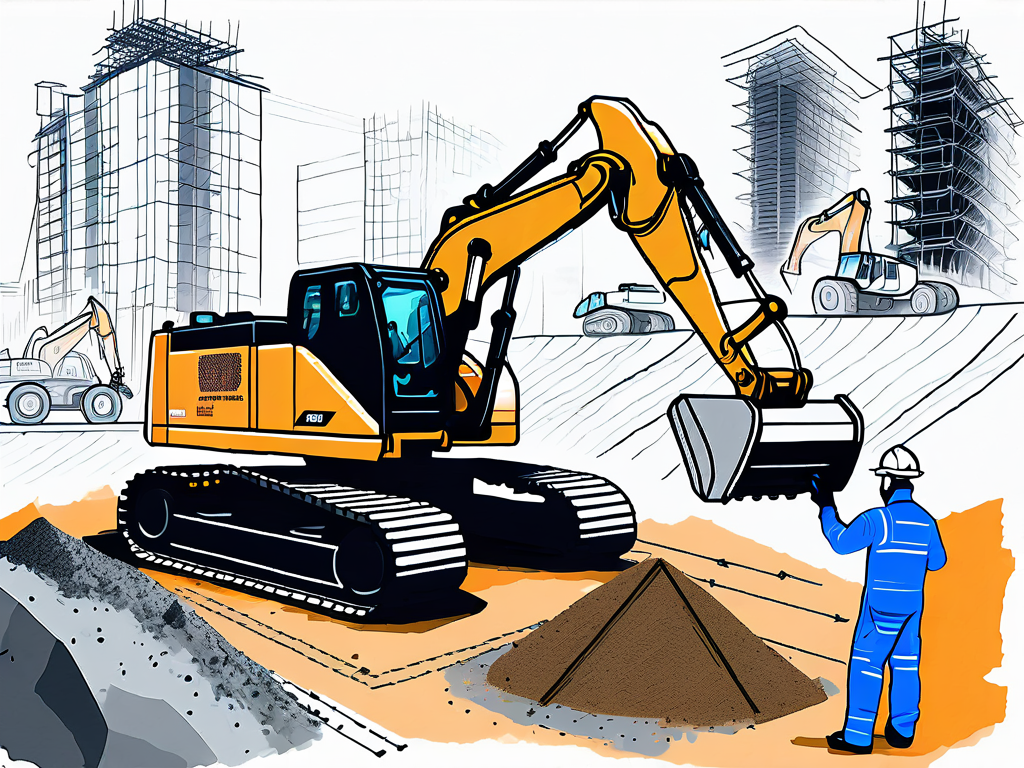
Predicted Trends in Excavation Equipment
Experts predict that the future of excavation equipment will be characterized by increased connectivity and intelligent systems.
Machines will communicate with each other through the Internet of Things (IoT), optimizing workflows and alerting operators to potential issues in real-time. Moreover, advanced sensors and artificial intelligence will further enhance safety, efficiency, and productivity on construction sites.
READ MORE: 5 EXCAVATOR TECHNOLOGIES TO IMPROVE YOUR BOTTOM LINE
The Impact of Emerging Technologies on Excavation
Emerging technologies, such as robotics and virtual reality, are set to transform the excavation industry. Robotic excavators, equipped with AI capabilities, will perform even the most complex excavation tasks with precision and speed.
Virtual reality simulations will enable contractors to visualize and plan projects in a highly realistic and immersive environment, ensuring better collaboration and project outcomes.
As the construction industry continues to evolve, excavation contractor equipment and technology will play a pivotal role in driving progress.
From streamlining processes to reducing environmental impact, these advancements empower contractors to deliver high-quality projects efficiently.
By embracing the latest excavation equipment and technology, construction professionals can embark on a future where innovation meets sustainability.
Get a free, no-obligation estimate for your next project
Ready to embrace the future of excavation with the latest equipment and technology?
Look no further than JAWS Excavating & Trucking, LLC.
With over a decade of industry experience and a commitment to safety, quality, and guaranteed satisfaction, our family-owned operation serves the Mid-Michigan area with unparalleled integrity and superior communication.
From grading services to septic system installations, we ensure your project's success and exceed your expectations.
For friendly service and a customized quote, click here and let's start building your masterpiece today.
